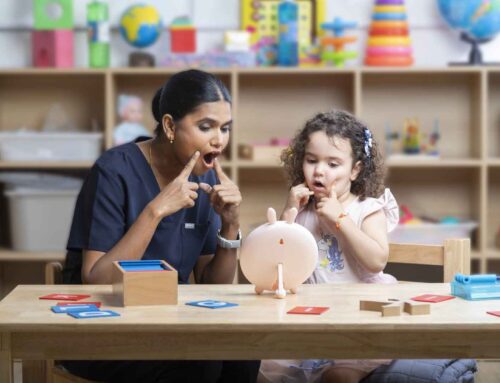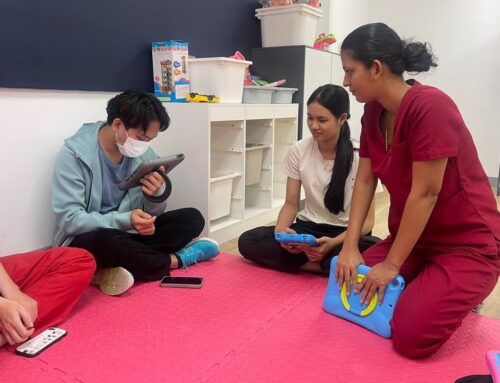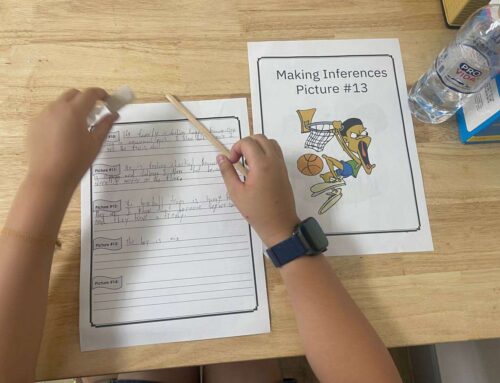Many families worry when their child speaks late or struggles with words. While “speech delay” is a common phrase, it often misses a more complex condition known as Developmental Language Disorder (DLD). Unlike a simple delay, DLD is a lifelong difficulty with understanding and using language, even when a child’s hearing, intelligence, and environment are typical. Knowing the signs, seeking assessments, and starting therapy early can make a major difference for children with DLD.
What Makes DLD Different from Speech Delay?
A speech delay often means a child is learning language skills at a slower pace but still follows a predictable path. For example, a child might say their first words later than peers but eventually catch up.
DLD, however, affects how the brain processes language. Children with DLD might:
-
Struggle to form complete sentences.
-
Find it hard to follow directions.
-
Have trouble recalling the right words in conversation.
-
Miss out on understanding stories or classroom lessons.
Unlike a temporary delay, these challenges don’t disappear without targeted support. For example, social communication and interaction challenges often overlap with DLD, making it important to differentiate between conditions.
Signs Parents and Teachers Should Notice
Children with DLD may:
-
Speak in shorter, simpler sentences than peers.
-
Struggle to retell events in order.
-
Mix up grammar or word endings.
-
Find it hard to play with peers because communication breaks down.
In school, this can look like difficulty learning to read, slow progress in writing, or frustration with group activities. Because these signs overlap with other conditions such as behavioral therapy needs or dyslexia, professional assessment is essential.
How Is DLD Assessed?
At OrbRom Center in Phnom Penh, assessments are carried out by trained specialists who use standardized tools to measure a child’s expressive and receptive language. Assessments may include observing a child’s play, checking understanding of instructions, and testing sentence building and storytelling.
Families can book a full developmental evaluation at OrbRom: Assessments. Early identification is key to reducing frustration and preventing long-term learning struggles. For context, special education in Cambodia is growing rapidly, and centers like OrbRom are leading the way with evidence-based practices.
Therapy and Support for DLD
The most effective treatment for DLD is speech and language therapy. At OrbRom Center, therapy is personalized to each child. Sessions often include:
-
Vocabulary building through play and real-life activities.
-
Grammar practice with visual supports and repetition.
-
Storytelling and conversation practice to strengthen expressive skills.
-
Strategies for parents and teachers to use at home and in class.
Therapy focuses on practical skills that improve academic success and everyday communication. Related services such as occupational therapy may also help children with attention and sensory challenges that affect language learning.
Building a Supportive Environment
DLD affects more than just speech — it influences learning, confidence, and relationships. That’s why OrbRom works closely with families and schools in Phnom Penh. Practical classroom strategies, like using visuals, breaking instructions into steps, and allowing extra time, help children succeed. Parents are encouraged to reinforce therapy techniques at home, creating consistency across environments.
Resources such as what is speech therapy provide families with more insight into how therapy works and what outcomes to expect. By raising awareness of DLD, we can shift the conversation from “late talker” to a more accurate understanding of a child’s needs.
We are the only Preschool specialized on children with special needs in PhnomPenh.
- Internationally qualified teachers
- Cambodia’s largest sensory room
- Outdoor swimming pool
- Covered outdoor playground
📞 Phone: 077.455.993
Telegram Link: https://t.me/OrbRom





